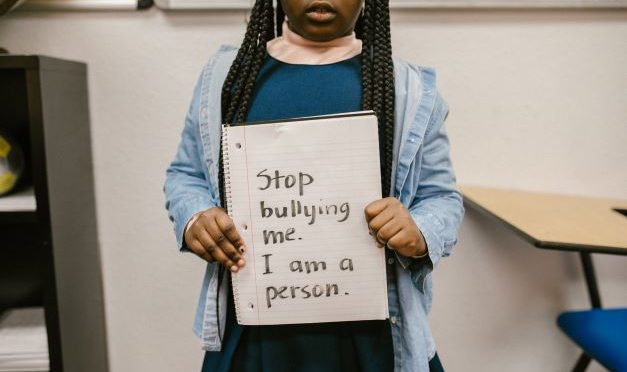Putting fear into perspective can help your child
learn how to control their fears & anxieties going forward. This weird COVID experience can serve
as a practice run, in which we teach courage and
skills for tackling future life challenges.
“In the absence of our comments on the constant
stream of COVID warnings, their child-sized worry
systems take over.”
Our TVs blare the numbers: “Over 800,000 Americans
have now died from COVID-19″, “The dangerous new
variant is bearing down on us as we approach the
holidays”.
These warnings get our kids’ attention. For some kids,
it hangs low in their thoughts. They worry and in the
absence of our failing to combat this stream of constant
warnings, their child-sized worry systems take over.
It may show up as whining, resistance or daydreaming.
They worry if they or you will get COVID. Will they lose
you? Will they die? They may shrink from contact with
others or use magical thinking to fight off their fears.
Although “child-sized” makes you think of something
small, when it comes to emotions, childhood fears always
loom bigger than life .
If you have lost family members or close friends to
COVID, have you had the time to sit and talk with your
kids about it? Do you have ways to help them process
loss?
This is a good time to firm up your child’s sense of
security. Let’s talk about the ways their physical
environment can be structured to help them feel
anchored. Try starting with these routines.
- Put off making any major changes in their rooms.
Keep some basic things in place while letting them
be somewhat creative in making necessary changes.
For example, keep the room color the same but let
them change other things. Or let them choose new
furniture or arrange the furniture differently, but keep
everything else consistent. - Keep to daily routines, i.e., meals at the same times,
at the table together. Have daily schedules so that
they know what to expect and what you expect of them-
and when. Bed times, TV times, homework time can all
provide an invisible frame for their lives that make
them feel secure. - Set aside individual time – 20-30 minutes (daily, if
you can, but at least 3x week) for them to sit down
with you to tell you what’s on their minds. They should
be your only focus at these times and each child
treasures their time alone with you. No phone, no TV.
This is an investment that will pay off well in the long run. - Create rituals to mark important passages and
events like the holidays, as well as the loss of family
members. Rituals can provide them with an opportunity
to express their feelings about a one time event.
Family game or movie nights can provide weekly
bonding times that form the glue for your family
relationship. Other rituals, like graduation, sweet
16s and birthdays celebrate their successful
passage through stages in their lives. Perform
these rituals equally for each child. - Keep a “Gratitude Journal” as a family, centering
the family’s joint accomplishments. Your first home,
the birth of a sibling, your new pet, your first game
night or your shared attendance at a child’s sports
event.




